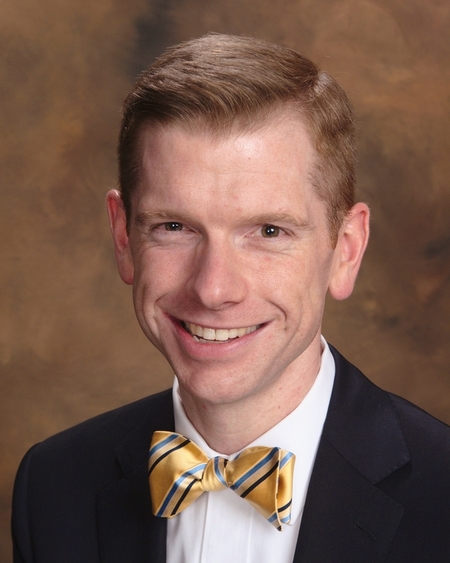
Q&A with Andrew Lawton, MD
May 1st, 2020
Andrew Lawton, MD is an attending physician and Director of Communication Skills Education in the Division of Adult Palliative Care at Dana-Farber Cancer Institute and Brigham and Women's Hospital. He is also an Assistant Program Director for the BWH Internal Medicine Residency Program. Andrew is a faculty member of the HMS Center for Palliative Care and teaches in the PCEP and PAPC courses.
Why did you decide to work in palliative care?
I originally thought I was going to teach high school, which I was drawn to because I loved my Spanish and French teachers and thought it was really relational work. Concurrently, my mother is a radiation oncologist and, as I was going through college, I learned more about the meaningful relationships that clinicians make with patients and families in medicine.
During medical school and internal medicine residency, I found that what interested me the most was the conversations people were having around the experience of serious illness. It became evident that the types of patient encounters I was drawn to, and the conversations I found the most meaningful, pertained to the field of palliative care. Everything about the latter half of my residency and my fellowship training confirmed this – and palliative care has felt like a wonderful fit.
What would you like the public to know about your work?
When I’m not seeing patients, I spend much of my time teaching communication skills to residents, faculty, and other clinician groups. I find this work meaningful and aligned with my love of both medicine and education. I’ve had the opportunity to teach with VitalTalk, a nonprofit organization focused on serious illness communication training, and bring their method to our institution’s training programs. What we see in clinicians who participate in our communication skills programs is that they feel more effective in their care of patients, and more fulfilled in their practice.
What’s your favorite part of your job?
My favorite part of my job is the people. I remember one of my former co-residents saying to me once: “Medicine may not have been the only job I could have done – but in medicine you sure meet the most amazing people.” That’s stuck with me – and I totally agree. Many clinicians in palliative care feel a certain bondedness and sense of being a “tribe.” I’ve certainly felt that and feel thankful for the folks with whom I work every day. These are individuals who want to share in the challenges of our work, and also sit together in awe of our patients. It’s a joyful thing to practice with them.
What is the most helpful advice that you have received?
One of the most helpful pieces of advice I’ve ever received, certainly from a career standpoint, was from the program director of my internal medicine residency at OHSU, Dr. Sima Desai. On my first day of work there, she told my entire intern class: “Your most important job is to first be a good generalist.” That’s really stuck with me. Whether it’s being a general internist, a strong bedside nurse, or a good social worker, I think the idea that we each a generalist first and then bring those core skills to our specialty practice, is exactly right. For me, as an internist, this means thinking critically through problems, keeping an open mind, and not anchoring on a single thought or idea – but rather being aware of multiple possibilities and solutions. I try to retain these skills and apply them to my practice of palliative care.
In your spare time, what do you do for fun?
Outside of work, I enjoy running, spending time with my family and boyfriend, and hanging out with my dog Ginny (who recently won the "Cutest Dog" award in the Psychosocial Oncology and Palliative Care Department’s Dog Show).
